Learn how to write accents and dialects in your stories because it will help you write about crosscurrents between people and places. Regional dialects help to convey a sense of local character speech in stories.

Read Now Novel’s best character writing blog posts below. Learn how to create a cast for your story that is rich with bold personalities. The best stories make it easy for us to connect with characters and become invested in their story outcomes. Learn how to describe characters’ faces, postures, speech and more. You can also find helpful guides on creating conflict between characters, different kinds of relationships between members of the cast of your story and more.

Learn how to write accents and dialects in your stories because it will help you write about crosscurrents between people and places. Regional dialects help to convey a sense of local character speech in stories.

Choosing whether your novel will be plot driven or character driven is an important part of writing a novel. Plot vs character isn’t a simple choice, as each emphasis has its own benefits (and disadvantages if it is emphasized far more than the other). Read the pros and cons of each story type, followed by 5 tips on finding a balance and making your story appeal to readers on multiple levels:
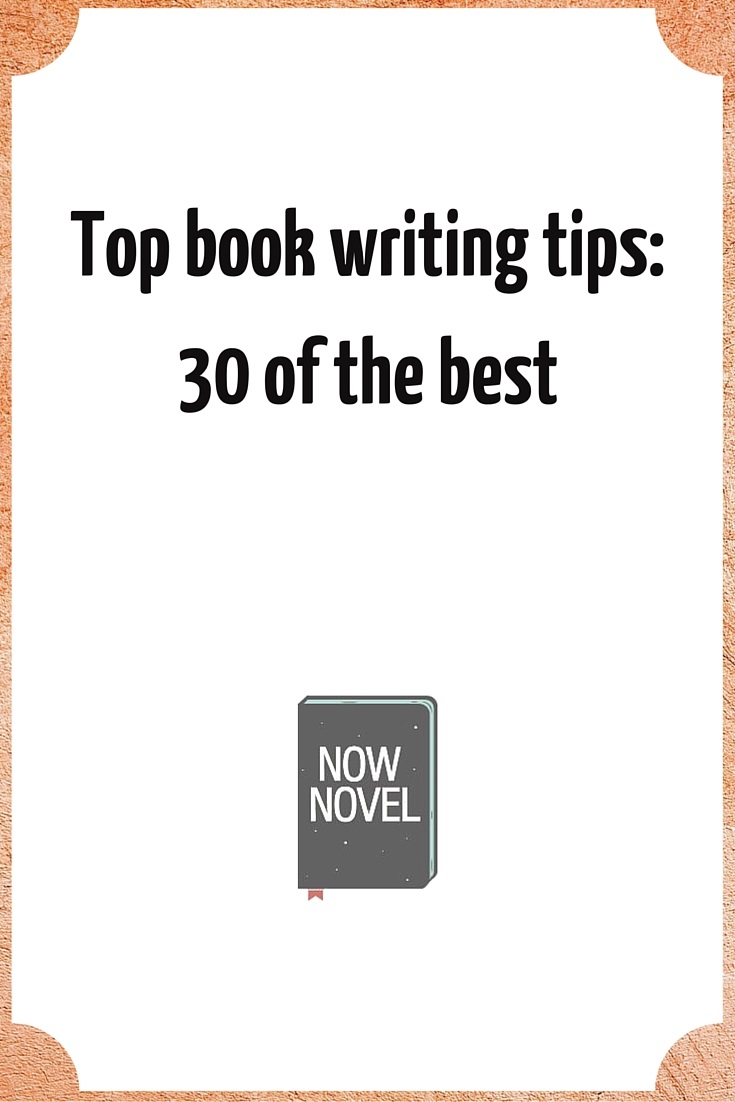
Quotes on writing are a mixed bag. But the top book writing tips from the best writing blogs are actionable and practical. Here are 30 great pieces of advice from around the blogosphere:

Describing characters imaginatively is an essential skill when writing fiction. It helps readers to invest in your characters’ storylines and experiences if they feel real. Read on for five tips for describing characters’ faces:
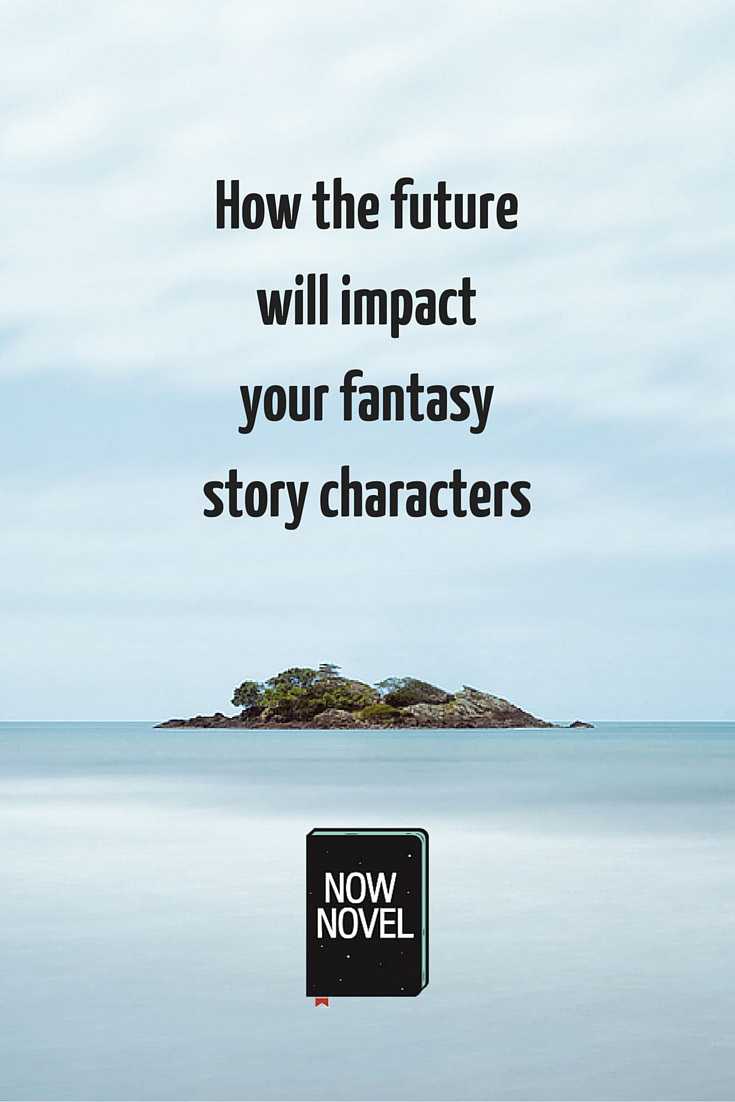
Understanding the long-term cause and effect of events in your fantasy world will help you also give readers a more complex and vivid mental picture. Your novel will be grounded in a vivid, complex history. Here are some thoughts on creating a fantasy world that conveys a strong sense of time and its passage:
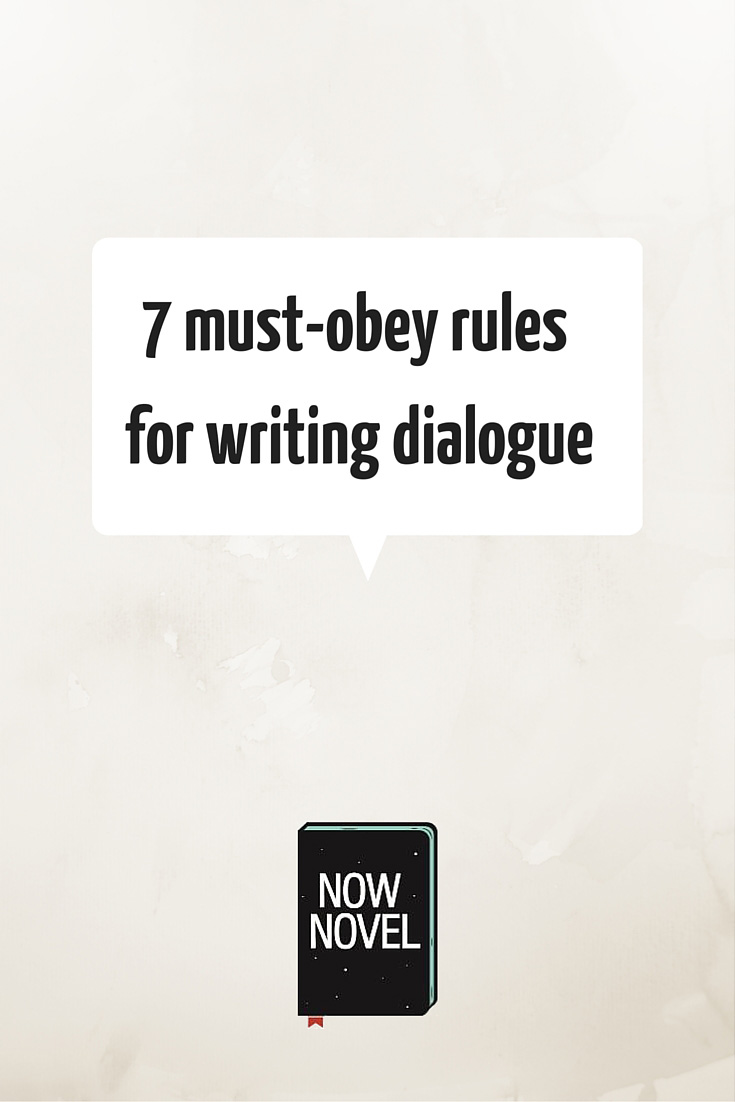
Dialogue can serve a number of purposes in fiction including developing character, building suspense and advancing plot. If written well, it engages readers and increase their identification with characters. Here are 7 rules for writing dialogue:
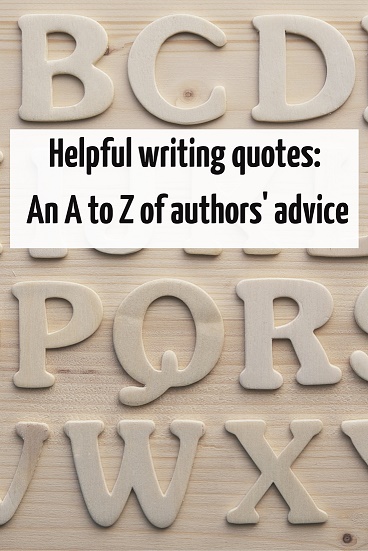
This week we’ve put together an A to Z of our favorite authors’ helpful writing quotes, categorized by subject from ‘anti-hero’ to ‘YA’. Use the links below to jump to your favorite section. Share on social media and let us know in the comments section which are your favorites:

If you want to learn how to write a romance novel, it’s important to familiarize yourself with genre’s many subgenres. After deciding whether you want to write category or single title romance novels, it’s time to choose your romance subgenre:
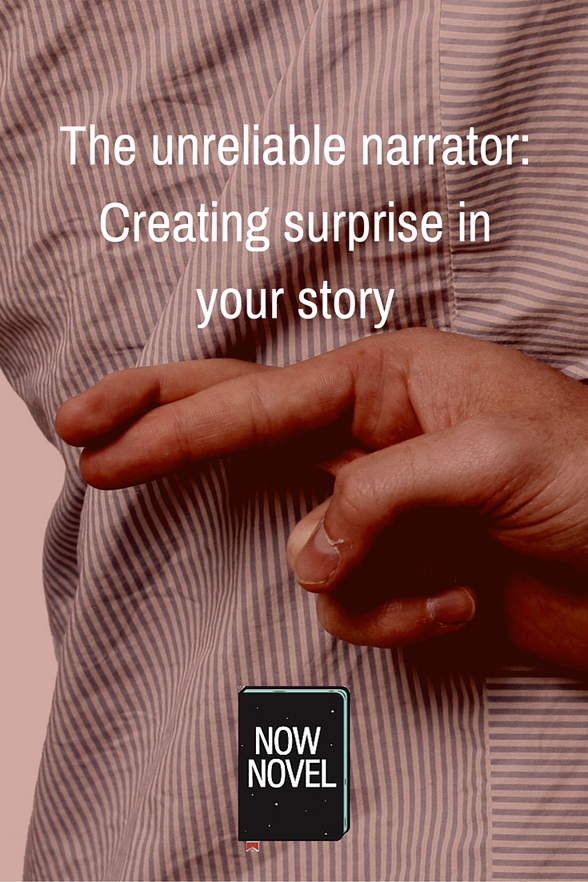
The unreliable narrator is a useful fiction device for creating surprise in your story and avoiding predictability. Here are some ways that unreliable narrators can be used to shape a novel’s form or to surprise and build tension in the reader: